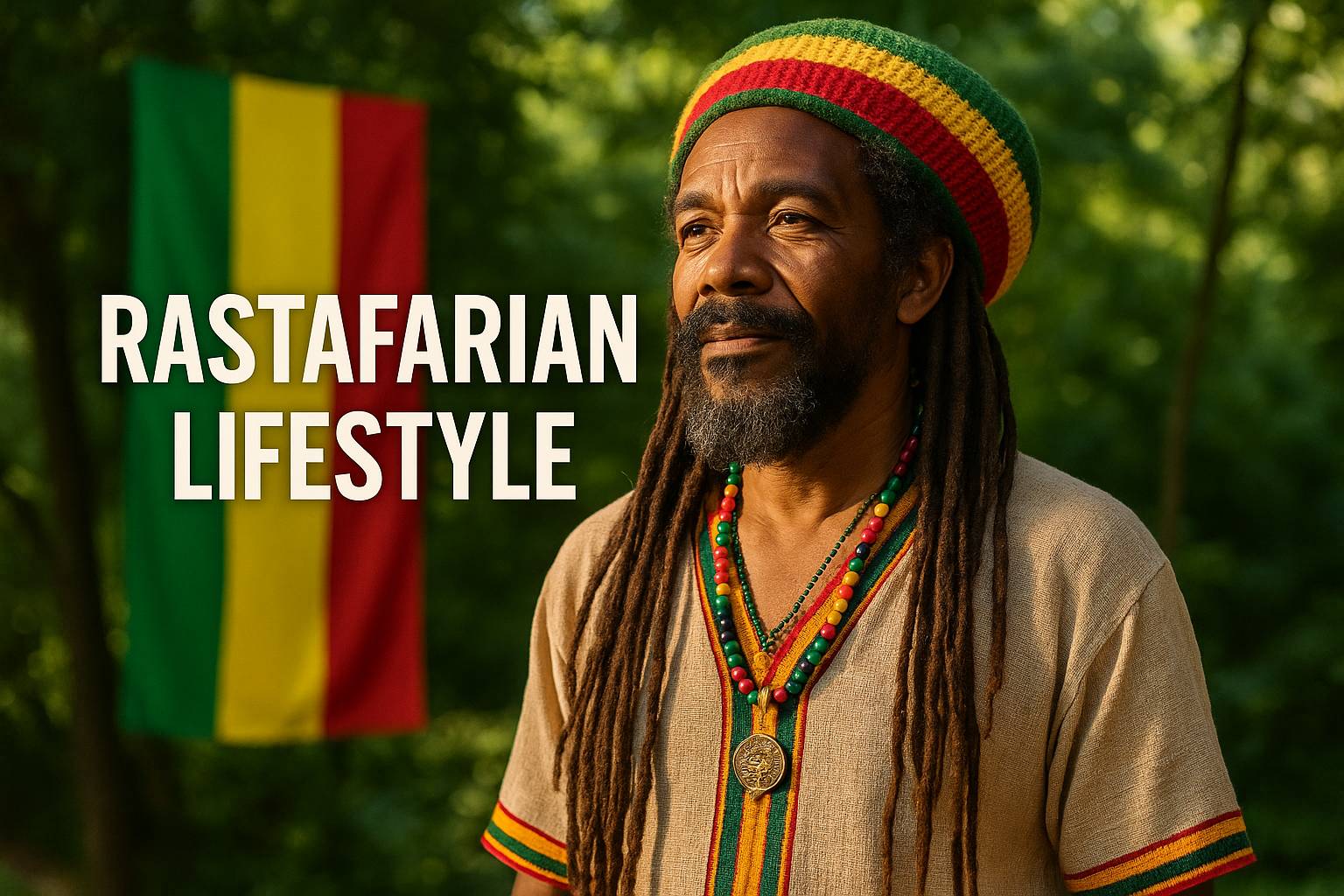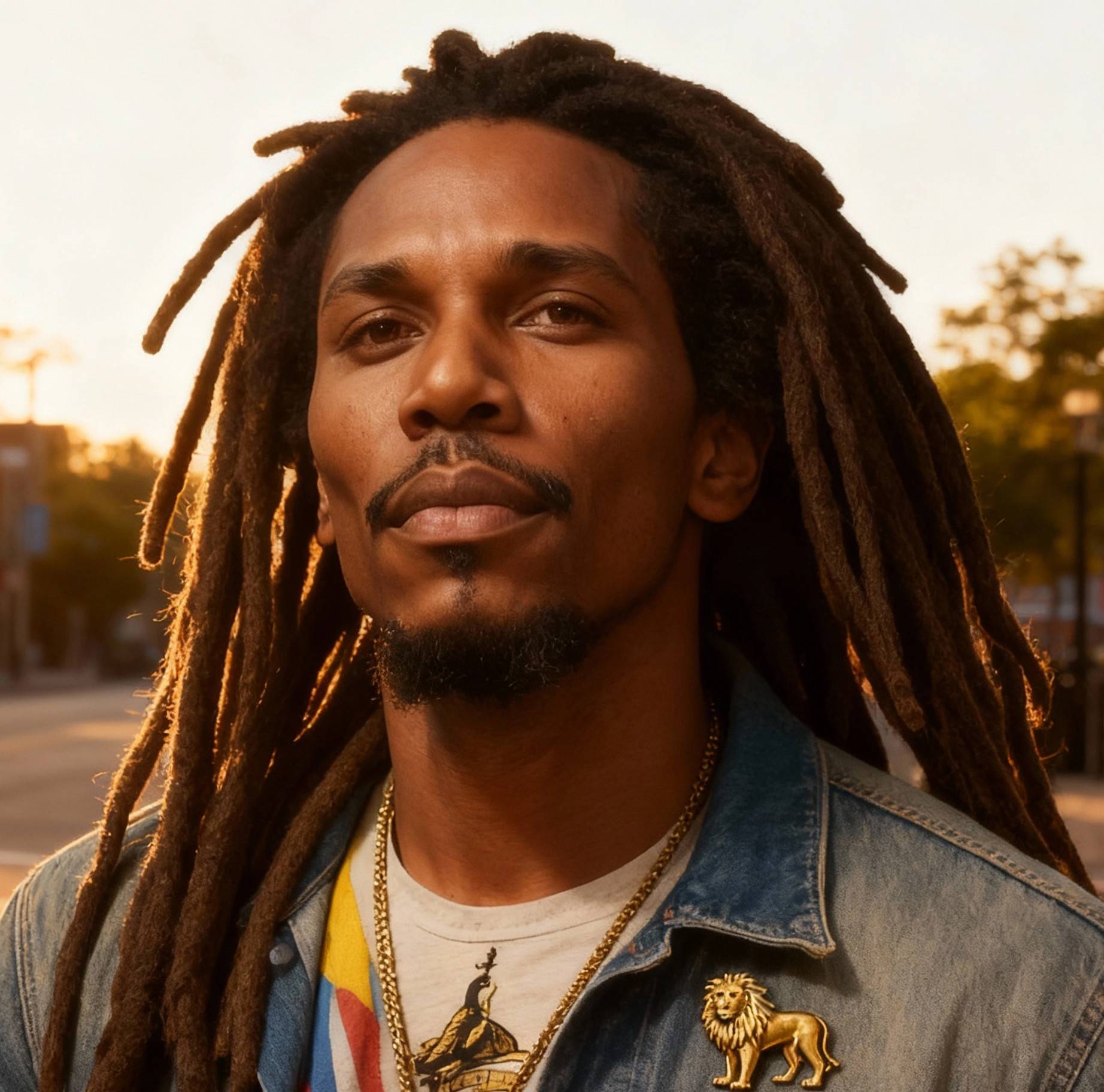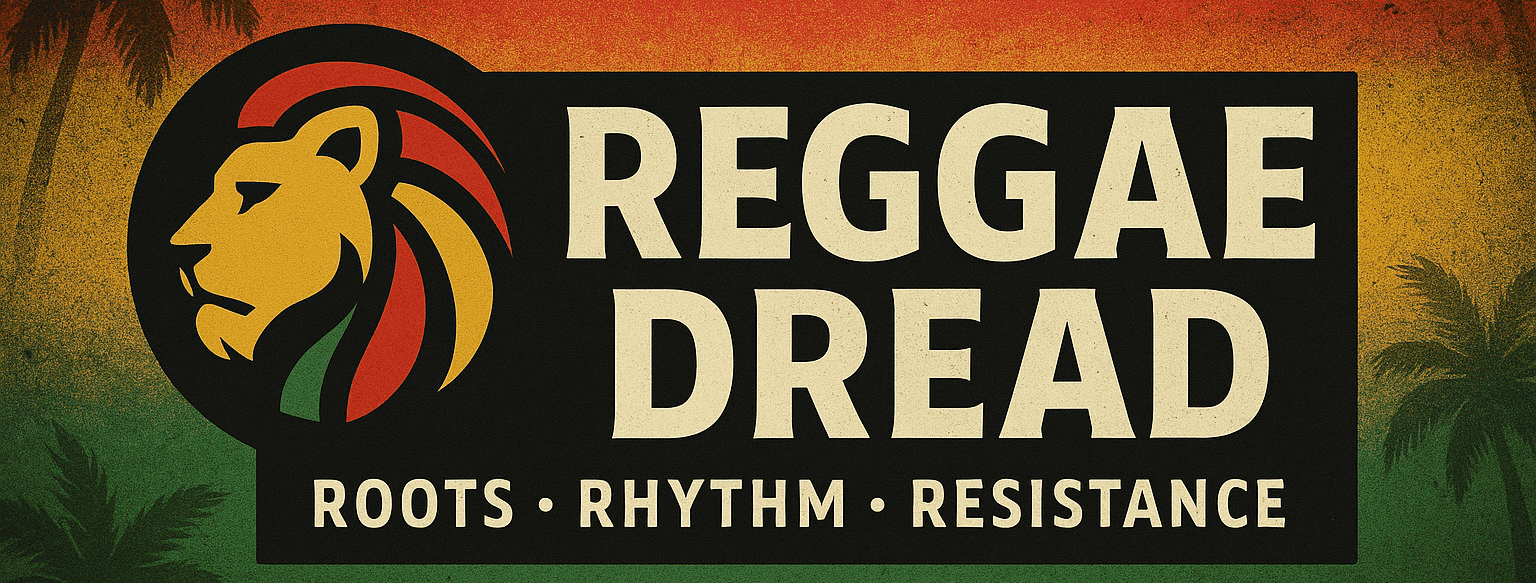The Global Impact of the Rastafarian Lifestyle: Culture, Food, and Music Around the World

The Global Impact of the Rastafarian Lifestyle: How Culture, Food, and Music Transformed the World
From the hills of Jamaica to Global Impact of the Rastafarian Lifestyle has shaped culture, wellness, and music. This five-part feature explores how the movement’s spirituality, Ital foodways, and Roots Reggae heartbeat continue to influence the world.
 Rastafarian livity: harmony with nature, dignity, and spiritual courage.
Rastafarian livity: harmony with nature, dignity, and spiritual courage.The Spiritual Foundations of the Rastafarian Lifestyle
Hail the King: The Rise of Ras Tafari
At the heart of Rastafari is reverence for Emperor Haile Selassie I of Ethiopia, seen by many Rastas as Jah (God) incarnate and a living link to the Solomonic line. His 1930 coronation sparked a renaissance in Black identity and global Pan‑African thought. Early pioneers—Leonard Howell, Joseph Hibbert, and Mortimo Planno—translated spiritual resistance into a practical path of dignity and self‑determination.
Livity: A Way of Life, Not a Label
Rastafari is less dogma than livity—a daily practice of harmony with nature, humility, and love. It favors whole foods, natural products, clean thinking, and clean speech. The goal is to align body, mind, and spirit with Jah through prayer, meditation, community reasoning, and right action.
Cultural Influence — Dreadlocks, Symbols, and Social Movements
Crown of Identity: Dreadlocks
Dreadlocks are far more than a hairstyle; they are a covenant with naturalness and a visible rebuke to “Babylon”—systems of exploitation and excess. The locks echo the Lion of Judah and symbolize spiritual strength. When icons like Bob Marley, Peter Tosh, and Burning Spear took the global stage, dreadlocks became a worldwide emblem of courage and inner freedom.
Red, Gold, and Green
Drawn from the Ethiopian flag, these colors speak in code: red for sacrifice and struggle, gold for divine light and abundance, and green for the land and future hope. They’ve colored murals, fashion, and protest banners from Kingston to Cape Town and London to São Paulo.
One Love and Global Solidarity
The Rasta ethic of unity fueled anti‑apartheid campaigns, informed civil‑rights discourse, and continues to inspire environmental and social‑justice movements. “One Love” is not a slogan but a practice—community uplift, mutual aid, and equal rights.
Ital Living — The Global Rise of Rasta Food Philosophy
What Ital Means
Ital (from “vital”) emphasizes purity and life energy. Many adherents avoid meat, dairy, alcohol, excessive salt, and artificial additives. Instead: fruits, vegetables, legumes, whole grains, coconut, herbs, and clean water. Food is medicine and prayer.

Herbal Wisdom and Conscious Consumption
Rastafari wellness recognizes herbs like ginger, turmeric, moringa, soursop leaf, and lemongrass. The sacramental herb (ganja) is traditionally used in ritual to quiet the mind for heightened meditation and reasoning—not escapism but elevation. This nuanced view helped seed a broader global conversation about plant medicine and compassionate policy.
From Kingston Kitchens to Global Menus
Decades before “vegan” became mainstream, Ital cafés and cookshops modeled low‑waste, farm‑to‑table eating. Today, Caribbean vegan pop‑ups, Afro‑vegan fusions, and Ital‑inspired restaurants across Europe, the Americas, and Africa echo the same mantra: eat clean, live clean, think clean.
Roots Reggae — The Soundtrack of Spiritual Revolution
From Trenchtown to the World
Roots Reggae carried livity to the airwaves. Deep bass, militant drums, off‑beat guitar, and prophetic poetry turned the dance floor into a classroom of consciousness. Anthems like “Get Up, Stand Up,” “Exodus,” and “One Love” became universal prayers for justice.
Global Diffusion and Cross‑Pollination
From Japan’s sound‑system culture to Brazil’s Reggae Brasileiro, from European summer festivals to African fusions with highlife and Afrobeat, reggae keeps evolving. It informs hip‑hop, punk, dubstep, and singer‑songwriter traditions—proof that truth and rhythm travel well.

The Future of the Rastafarian Movement
Green Consciousness, Digital Reach
Rastafari’s stewardship of earth aligns naturally with today’s climate action and circular‑economy ideals. Urban gardens, community markets, bamboo building, and herbal wellness startups extend the movement’s impact into the green economy, while digital platforms amplify teachings to new generations.
Recognition and Preservation
UNESCO’s inscription of reggae as Intangible Cultural Heritage affirmed what communities long knew: that the music—and the worldview behind it—preserves stories, values, and strategies for human dignity. Cultural centers, archives, and documentaries are deepening literacy around the movement’s history and nuance.
One Love, One Earth
In an age of fragmentation, Rastafari continues to offer a path of reconciliation: simplicity over spectacle, justice over mere growth, community over isolation, and reverence for the living earth.
FAQs
Is Rastafari a religion or a lifestyle?
It is a spiritual lifestyle centered on livity—natural living, humility, and love—rather than rigid dogma.
What is Ital food?
A plant‑forward approach that avoids artificial additives and honors seasonal, minimally processed ingredients.
Why is Haile Selassie I important?
He symbolizes African dignity, kingship, and the hope of redemption—core inspirations for Rastafari.
How did reggae change the world?
It gave voice to the oppressed, fueled social movements, and influenced countless genres while teaching unity.


























